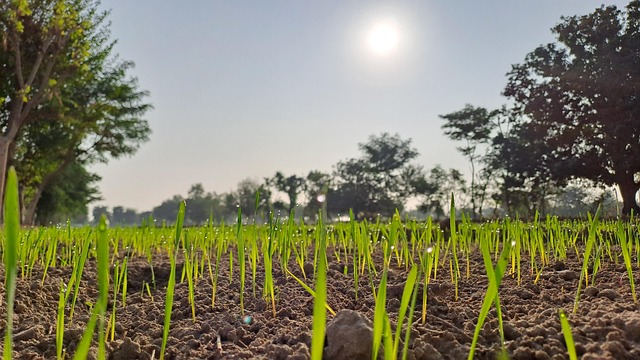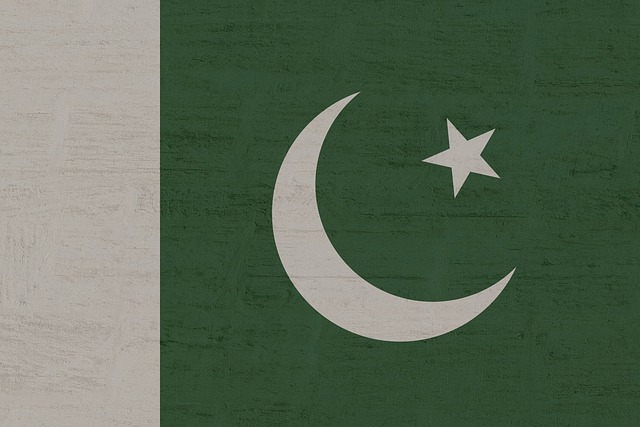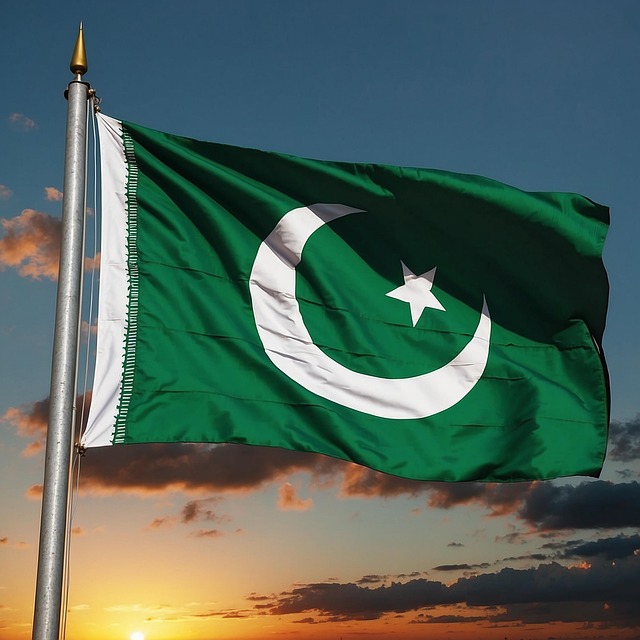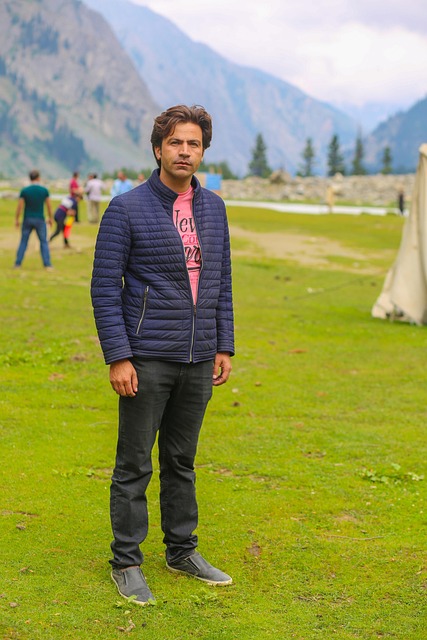
Pakistan's healthcare system is a diverse network of public, private, and NGO sectors serving a culturally rich population across varied regions. It emphasizes primary care, equitable access, and innovative practices like integrating traditional medicine with modern techniques. Despite challenges such as climate change and infrastructure gaps, Pakistan prioritizes community health workers and PHCs for accessible care, addressing rural-urban disparities through government reforms, international collaborations, and even sporting inspiration from cricket to enhance its healthcare delivery models.
“Explore the intricate workings of Pakistan’s healthcare system, a dynamic landscape that serves a diverse population. This article offers an in-depth look at its structure, from primary care clinics to public health initiatives, providing essential services across the nation. Despite challenges, recent reforms have significantly enhanced accessibility and quality. Discover how these strategies are shaping positive outcomes for Pakistanis, ensuring better health and well-being, and learn about ongoing efforts to strengthen this vital sector.”
- Overview of Pakistan's Healthcare System
- Primary Care and Public Health Initiatives
- Challenges and Recent Reforms in Pakistan's Healthcare
Overview of Pakistan's Healthcare System

Pakistan’s healthcare system is a complex network that serves a diverse population spread across various geographic regions and cultural landscapes. The country boasts a mix of public, private, and non-governmental organizations (NGOs) playing pivotal roles in delivering medical services. This multifaceted approach ensures accessibility to healthcare for all citizens, with a particular focus on addressing the unique challenges posed by the nation’s vast linguistic diversity—Urdu, Punjabi, and many other regional languages—and diverse cultural norms.
Uncovering the allure of Pakistani destinations extends beyond its rich history and breathtaking landscapes; it also encompasses the resilience and innovation within its healthcare sector. The system faces significant hurdles, notably the impacts of climate change, such as water scarcity, which demand sustainable solutions. However, Pakistan’s determination to navigate these challenges is evident in initiatives aimed at strengthening primary healthcare, ensuring equitable access, and integrating modern medical practices with traditional healing methods, all while welcoming visitors to taste the essence of Pakistan’s diverse cooking sports anytime.
Primary Care and Public Health Initiatives

Pakistan’s healthcare system places a strong emphasis on primary care and public health initiatives, reflecting the country’s commitment to ensuring equitable access to quality medical services for all its citizens. At the forefront of this approach are community health workers and primary healthcare centers (PHCs), which serve as the first point of contact for individuals seeking healthcare. These PHCs offer a range of services, from preventive care and immunizations to basic treatment for common illnesses and referrals to higher-level facilities when necessary. This decentralized model not only improves accessibility but also promotes community engagement in maintaining public health.
Celebrating Pakistan’s vibrant cultural heritage, politics, exploring its rich literary heritage, or even embracing technology’s role in modern Pakistan tourism cannot overlook the achievements of this primary care-centric system. Similarly, giving us a call at admiring architectural treasures across Pakistan literature highlights the country’s dedication to holistically addressing healthcare needs, ensuring that both physical and mental well-being are nurtured within a cultural context that respects and reflects Pakistan’s diverse population.
Challenges and Recent Reforms in Pakistan's Healthcare

Pakistan’s healthcare system faces significant challenges, including disparities in access between rural and urban areas, inadequate infrastructure, and a shortage of skilled medical professionals. Despite these hurdles, recent reforms have been implemented to address these issues. The government has prioritized increasing public health expenditure, strengthening primary healthcare services, and promoting community-based initiatives. These efforts aim to improve healthcare accessibility and quality across the nation, especially in underserved regions.
The country’s passion for sports, famously known as cricket fever, has also inspired innovative approaches. Similar to how historic thinkers delve into Islamic philosophy and modern interpretations, communities have adapted healthcare delivery models, making services more accessible and engaging. Moreover, international collaborations and partnerships play a vital role in enhancing Pakistan’s healthcare capabilities, with organizations working together to overcome disparities and find us at navigating Pakistan’s role in the international community’s human rights agenda.
Pakistan’s healthcare system, with its unique blend of public and private sectors, has been steadily evolving. By focusing on primary care and implementing recent reforms, the country is enhancing access to quality health services for all citizens. Despite challenges, these initiatives point towards a more robust and equitable future for Pakistan’s healthcare landscape.





